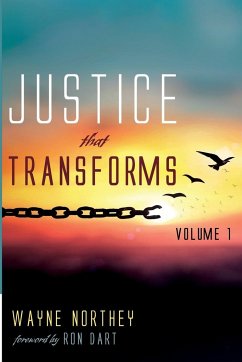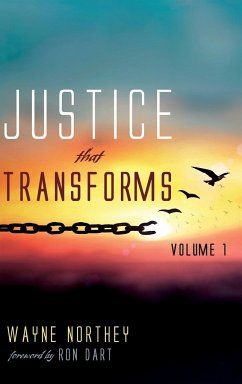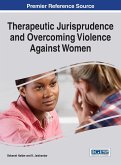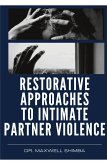Restorative Justice was a term and concept largely unused before the mid-1970s. Wayne Northey happened to be in on the ground floor of facilitating its worldwide adoption as a challenge to Western retributive justice systems, ultimately to violent responses to conflict domestically and internationally. The most replicated early model of Restorative Justice, based on the well-known ""Elmira Case,"" was a Canadian first, initially dubbed Victim Offender Reconciliation Project (VORP). The author became its second director in 1977. The term ""mediation"" later displaced the more religious word, ""reconciliation,"" as the model spread outside Christian moorings; and ""program"" displaced the initially more tentative ""project."" At seminary, Northey had learned to think through one's vocation theologically. He began in that vein, writing and publishing on this profound call for a systemic ""paradigm shift,"" and has been at it ever since. This publication is volume 1 of a series of his collected writings, of which two additional volumes may be found online. Two or three further volumes are projected.
Hinweis: Dieser Artikel kann nur an eine deutsche Lieferadresse ausgeliefert werden.
Hinweis: Dieser Artikel kann nur an eine deutsche Lieferadresse ausgeliefert werden.








